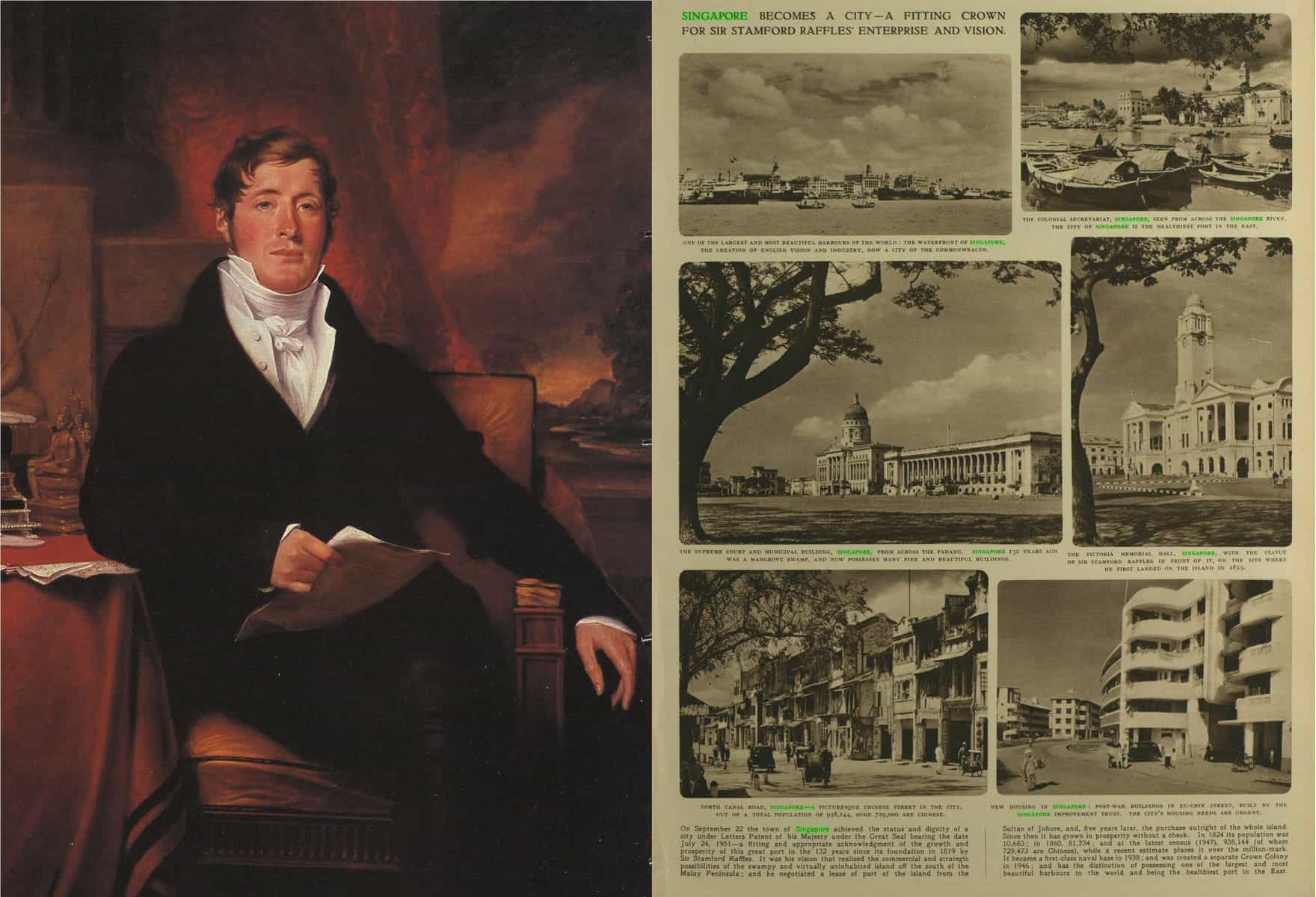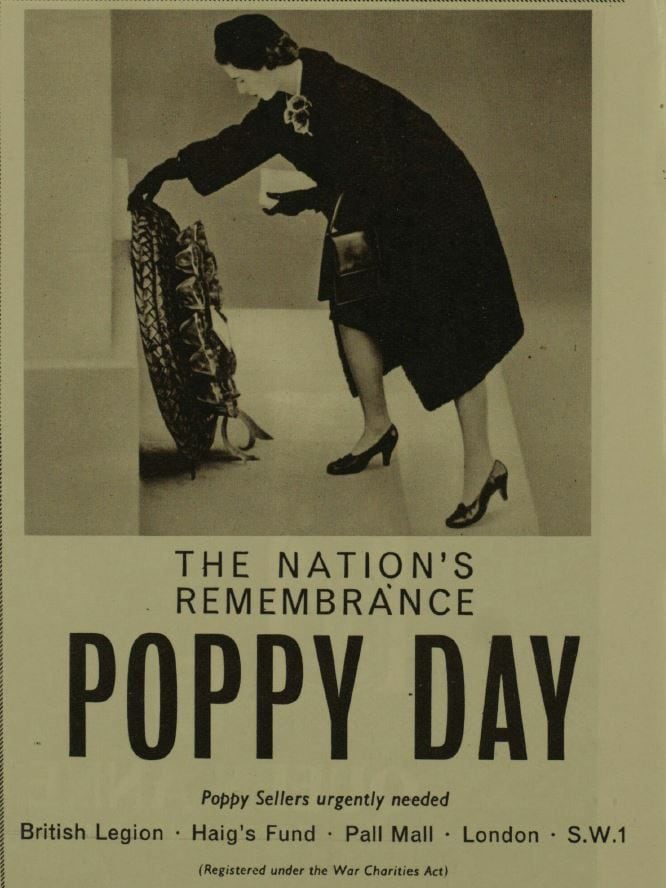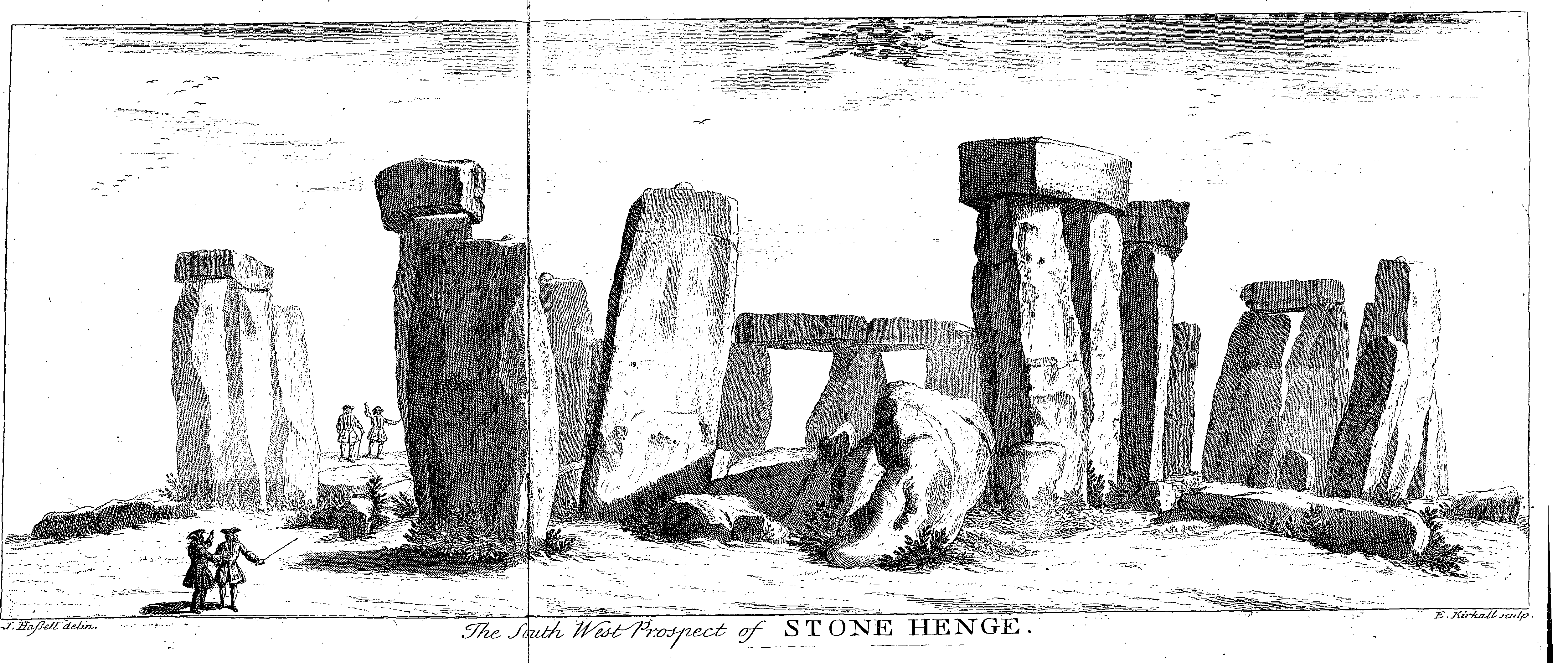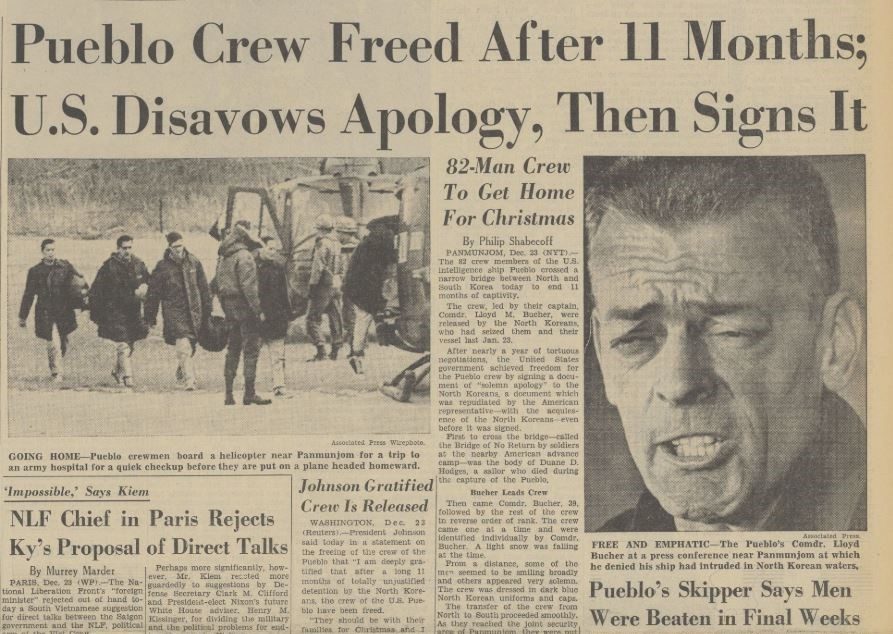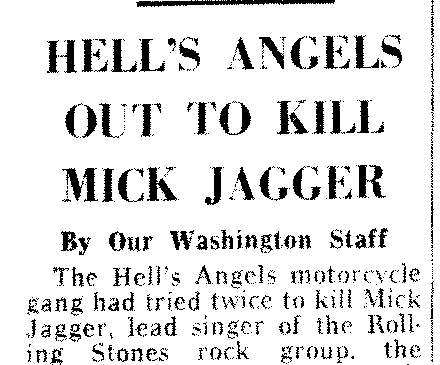By Vanessa Tan, Editorial Assistant with Gale Asia
In 2019, Singapore will commemorate her bicentenary since the landing of Sir Thomas Stamford Raffles (1781–1826) on the island on 28 January 1819. Raffles’ name now stretches beyond the widely known narrative of the nation-state’s genesis. Today, the name carries pomp and prestige—Raffles City and Raffles Hotel are both prominent landmarks situated in the richest areas of Singapore, while Raffles Institution remains the highest-ranked secondary educational institution in the country, having produced many of the country’s top-performing scholars and politicians.

